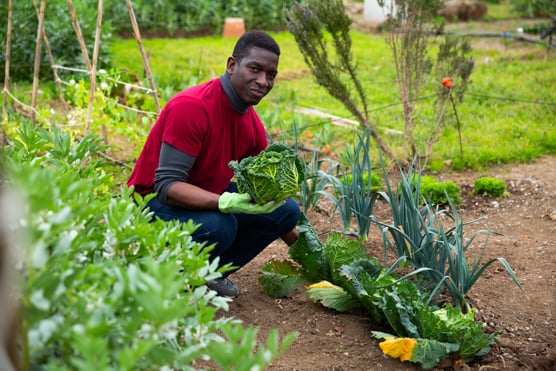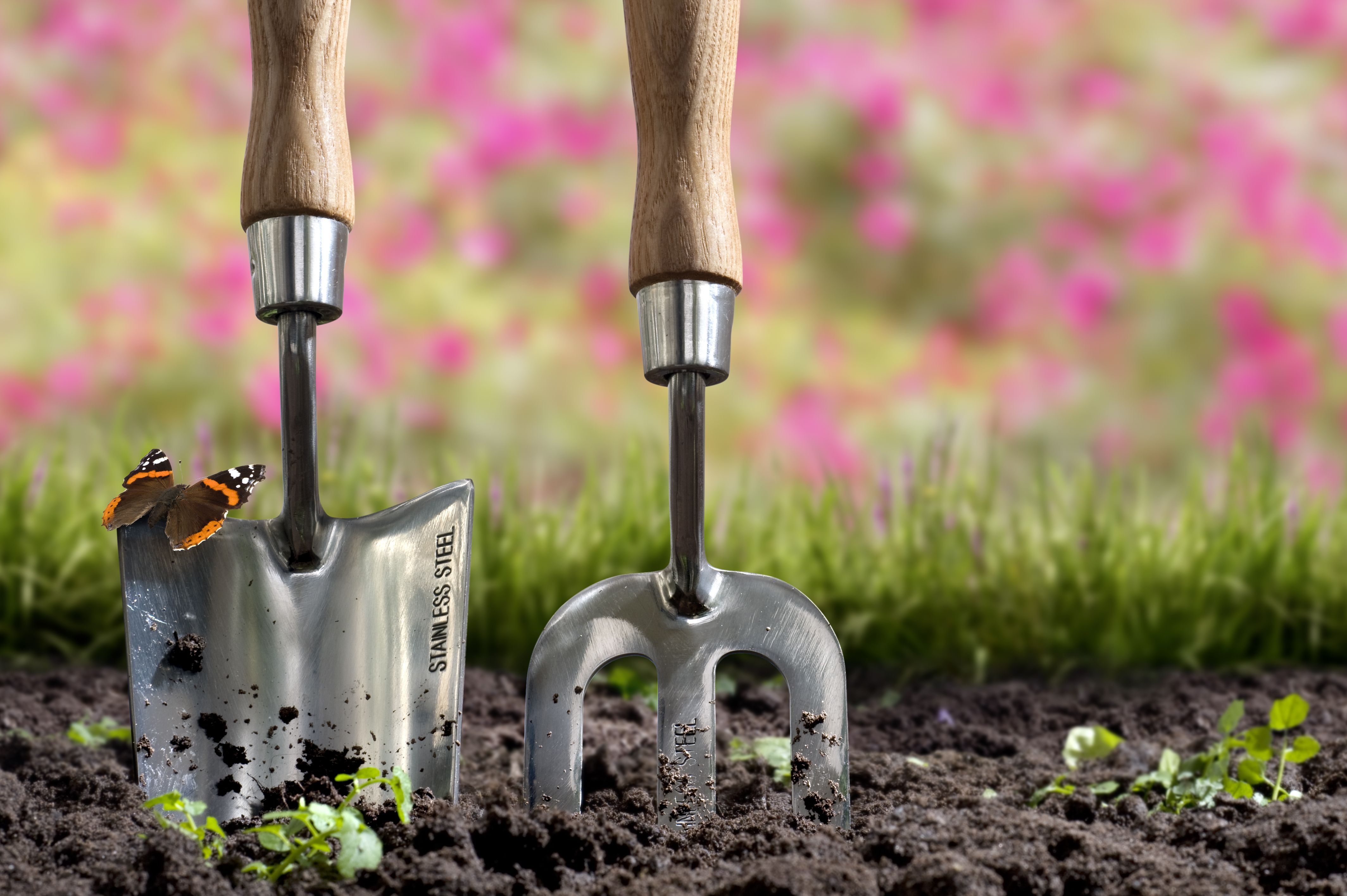Lasting Gardening Practices for an Eco-Friendly Yard
Recognizing the Various Kinds Of Gardening and Exactly How They Add to a Much Healthier Way Of Life and Atmosphere

Benefits of Veggie Gardening
Several individuals are significantly acknowledging the myriad benefits of veggie gardening as a crucial element of a much healthier way of life. Participating in vegetable gardening offers numerous physical wellness benefits, consisting of raised exercise, which enhances cardiovascular wellness and promotes overall health and fitness. The act of planting, weeding, and harvesting needs movement and can help battle inactive behaviors, adding to weight monitoring and boosted muscle tone.
Moreover, cultivating one's own vegetables considerably boosts dietary top quality. Homegrown produce is usually fresher and more nutrient-dense compared to store-bought options, as it can be consumed soon after harvest. This access urges a higher intake of fruits and veggies, which are necessary for avoiding persistent conditions.
In addition, veggie gardening promotes psychological health by giving a therapeutic outlet for stress and anxiety relief and relaxation. Collectively, these benefits highlight the significance of veggie horticulture as a foundation of a healthier way of living.
Discovering Blossom Horticulture

Along with aesthetic advantages, blossom horticulture supports local ecological communities. Several blooming plants bring in pollinators, such as and butterflies, which are important for preserving biodiversity. The presence of varied vegetation can additionally boost soil health, as various plants contribute to nutrition biking and boost soil structure.
In addition, blossoms can play a substantial duty in promoting lasting practices. Lots of garden enthusiasts choose indigenous or drought-resistant species, which call for much less water and marginal chemical inputs. This strategy not only profits the atmosphere but also motivates liable gardening practices.
Ultimately, flower horticulture functions as an important component of a holistic horticulture strategy. Gardening. By growing charm and supporting local environments, it integrates with vegetable gardening and underscores the significance of nurturing both our physical and mental well-being through nature
Container Gardening Advantages
Container gardening offers many benefits that make it an appealing choice for both amateur and seasoned garden enthusiasts. One of the key benefits is its versatility; containers can be put on patio areas, terraces, and even inside your home, enabling gardening precede with restricted ground gain access to. This adaptability allows individuals in metropolitan environments or those with little lawns to grow plants efficiently.
In addition, container gardening supplies improved control over soil high quality and wetness levels. Garden enthusiasts can select specific dirt mixes to maximize plant health and alleviate concerns like weeds and insects. The movement of containers likewise enables very easy moving to maximize sunlight direct exposure or safeguard plants from stormy weather condition.
Moreover, container gardens go now can be webpage cosmetically pleasing, providing a possibility for creative thinking in design. Gardening. They can work as ornamental components that enhance outside or interior areas while promoting biodiversity by attracting pollinators
Last but not least, container gardening can add to a much healthier lifestyle by urging physical activity, as it frequently involves lifting, growing, and preserving plants. In general, the benefits of container horticulture make it an accessible and fulfilling technique for those looking for to enhance their lifestyle and setting.
The Rise of Upright Horticulture
As city spaces come to be increasingly crowded, the trend of upright gardening has actually removed, permitting people to maximize their horticulture possibility in limited locations. This ingenious approach entails expanding plants in vertical structures, such as wall-mounted planters, trellises, or specialized vertical garden systems. The charm get redirected here of upright gardening exists not only in its reliable usage of area but also in its aesthetic contribution to metropolitan settings, changing bare wall surfaces into lush eco-friendly landscapes.
Vertical gardens can be set up in homes, balconies, and area areas, giving a system for growing a variety of plants, consisting of natural herbs, veggies, and decorative flowers. This approach encourages biodiversity and can enhance air high quality by filtering system contaminants while advertising a connection to nature in densely inhabited locations. Furthermore, vertical gardening supplies functional advantages, such as improved yield per square foot, making it an attractive choice for metropolitan garden enthusiasts looking for to expand their very own food.

Lasting Practices in Horticulture
Accepting lasting practices in horticulture is crucial for promoting environmental health and ensuring the viability of our all-natural sources. Lasting gardening methods concentrate on decreasing ecological impact, preserving water, and cultivating biodiversity. By applying practices such as natural gardening, garden enthusiasts can lessen using synthetic fertilizers and chemicals, which can hurt local ecosystems.
Companion planting is another reliable sustainable method, where certain plants are grown with each other to improve development and deter parasites normally. In addition, making use of native plants in landscaping sustains neighborhood wild animals and calls for less maintenance, as they are inherently adapted to the regional environment and dirt problems.
Water preservation methods, such as rain harvesting and drip watering, assistance to successfully take care of water sources, hence reducing waste. Moreover, composting natural waste not just enhances the soil yet also minimizes garbage dump payments, promoting a round economic situation.
Last but not least, practicing crop rotation and cover cropping enhances dirt wellness and decreases the threat of parasite infestations. By incorporating these sustainable methods, gardeners can create resilient ecological communities that add to a much healthier way of living while protecting the environment for future generations.
Verdict

Finally, the varied methods of gardening, consisting of vegetable, blossom, container, and upright horticulture, collectively promote a healthier way of life and enhance environmental sustainability. Each type provides distinctive advantages, from providing fresh produce and drawing in pollinators to maximizing restricted rooms and encouraging biodiversity. By cultivating lasting techniques, these gardening approaches not just add to specific well-being however also support wider ecological conservation efforts, ultimately reducing dependence on industrial farming and enhancing area resilience.